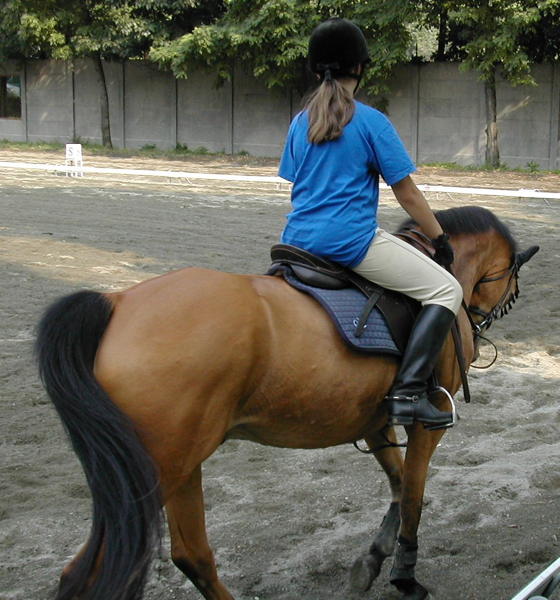Available chapters are shown as links below.
Book 1: True Seaborn
The City of Light 01Light
supplement: The Ivaldin Calendar
The Font of Knowledge 02fontknow
Overnight Success 03Overnight
Bard in a Gilded Cage 04Bard
More Tales from the Font of Knowledge 05MoreTales
Carilla and the Long Arm of the Law 06Carillalaw
Chitra Has an Engagement 07Chitraengaged
Book 2: Teja
Red-Headed Stranger b201red
Kanya’s Story b202kanya
Harem Childhood b203harem
The King’s Birthday Feast b204bday
The Gift of the Moon b205moon
Flight from Ivaldi b206flight
A House in the Hills b207hills
Disappearance b208disapp
Blood b209blood
From the Lost Papers of the Six-Fingered Mage b210papers
Strange Tales in the Hills b211strange
The Demon-Killer b212killer
Extras: Creation x_creation| Ancient History x_ancient| About Magic x_magic | About True Seaborn x_seaborn
Book 3: Meshvir
A Wand’ring Minstrel Eye b301eye
The Hall of the Mountain King b302hall
The Embassy from the Golden Land b303embassy
The Deathbed of a King b304deathbed
Taking the High Road b305high
My Darkest Hour b306darkest
Reunion b307reunion
(Untitled Chapter)
Interview with Chitra
Interview with Janse
(Untitled Chapter)
Bonding
The Thundering Herd
Return to Meshvir
The Field of Kings
Conversations Before a Battle Battle
The Victory Feast
Memory





